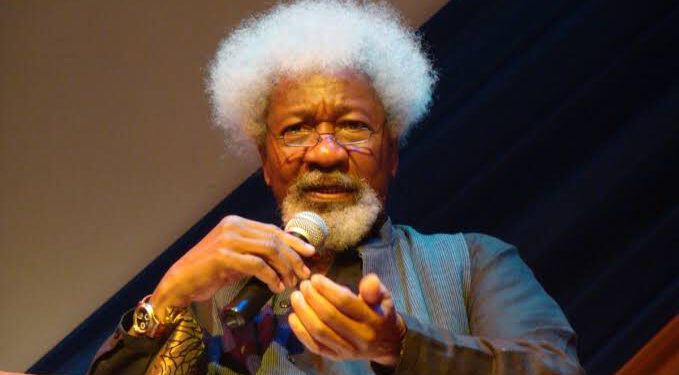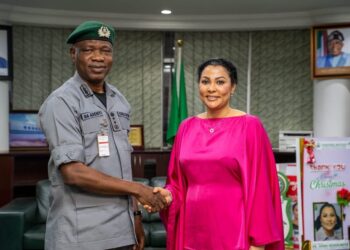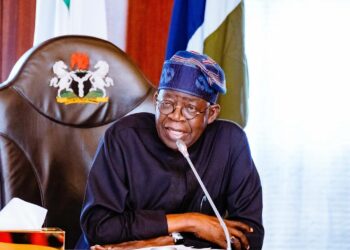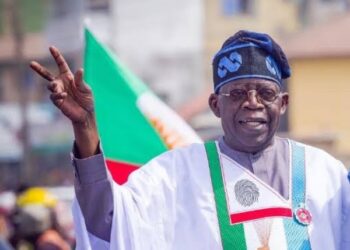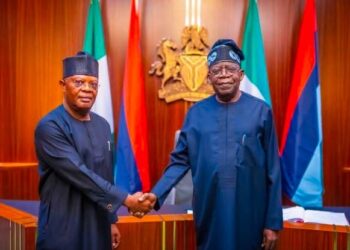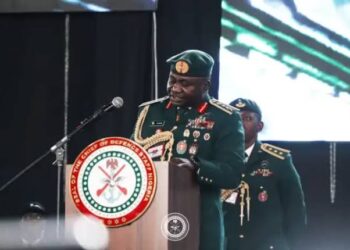Nobel Laureate, Prof. Wole Soyinka, has called on President Bola Tinubu to launch a fresh, thorough investigation into the unresolved killings of several prominent Nigerians, including former Attorney-General of the Federation, Chief Bola Ige; journalist Dele Giwa; and June 12 heroine, Mrs. Kudirat Abiola.
Speaking during an interaction with journalists at Freedom Park, Lagos, at an event themed “June 12: Romancing the Embers”, Soyinka insisted that critical clues still exist and should be pursued to uncover the truth behind the high-profile assassinations.
His comments came barely 48 hours after President Tinubu conferred national honours on 68 June 12 heroes.
“The clues are there. Pursue the clues, dust up the files, re-investigate, call back witnesses, find out those who deliberately polluted the line of clues that would have led to certain answers,” Soyinka urged.
He decried how past efforts to resolve these cases were sabotaged, saying earlier promises, including those by former President Muhammadu Buhari, ended in betrayal.
“When Buhari came, he promised to investigate all the unusual deaths — military and civilian. We reminded him to open the files. But nothing happened. We were betrayed again,” he said.
Soyinka said the Tinubu administration must now take up that responsibility and fulfil the pledges of its predecessors.
“It is a challenge to this government. Pick up those files. Let us know what happened. Till today, we don’t know who killed Dele Giwa or Bola Ige. But the clues exist. Many things went unpublicised during the Bola Ige period.”
He also recounted efforts during former President Olusegun Obasanjo’s administration to seek foreign assistance, especially from the United States, which were ultimately frustrated.
“A group of us approached the American Embassy because we heard they offered help. I even called President Obasanjo from the embassy to press for Nigeria’s acceptance of that help. I remember he contacted then Inspector-General of Police, Tafa Balogun. But as usual, nothing concrete followed.”
Reiterating his call to Tinubu, Soyinka said, “Many of us have vital information. Find those who sabotaged the process. Reopen the cases. It is a matter of national conscience.”
On the June 12 honours, Soyinka commended Tinubu’s decision to tie the awards thematically to the democratic legacy of the day, describing it as “clever and possibly the beginning of a useful tradition.”
“I must say, for the first time, we have what I would call a thematic honours list. For me, that’s a good development,” he noted.
However, he added that the list of June 12 heroes would always remain incomplete and stressed that the responsibility of recognition and compensation should not be left to the government alone.
“There will always be casualties from June 12, just like the Civil War. Compensation may not always be material. Sometimes, it’s just about recognition or emotional support. It is society’s duty to offer that.”
Soyinka also warned against those who falsely claim to have been part of the June 12 struggle for political gain, calling them “the real enemies of democracy.”
“June 12 means different things to different people. But those who now try to trivialise it just to settle political scores — maybe because of thwarted ambition — are doing a great disservice. If you didn’t participate, then step aside and let those who did preserve the legacy.”
He called on citizens to challenge false claims and uphold the truth of history.
Soyinka also addressed the recent memoir released by former military ruler, Gen. Ibrahim Babangida (retd.), urging him to name those who advised him to annul the 1993 presidential election.
“There were traditional rulers, military officers, and civil society figures who influenced IBB not to announce MKO Abiola as winner. He should name them. His memoir is incomplete,” Soyinka said.
He added that he had personally told Babangida to write a follow-up book, noting that Babangida’s version should be read alongside that of the late Professor Omo Omoruyi, who was a key player during the era.
“Omoruyi was there. His account provides balance. One thing I can say as fact is that Babangida was a general without an army — a tragic reality. We know those who pressured him, but it’s his duty to tell Nigerians the full truth.”
Soyinka’s comments underscored his ongoing advocacy for justice, truth, and the preservation of Nigeria’s democratic memory, especially as it relates to the June 12 legacy.


